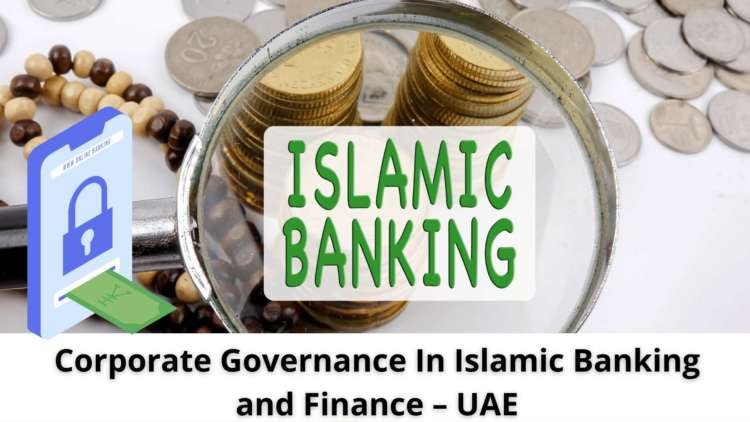Banking
Corporate Governance In Islamic Banking and Finance – UAE
Published by linker 5
Posted on May 18, 2021
1 min readLast updated: January 21, 2026

Published by linker 5
Posted on May 18, 2021
1 min readLast updated: January 21, 2026

Explore more articles in the Banking category











